Fund transparency, international standards
Commenting on the draft Resolution on a number of specific mechanisms and policies to enhance the effectiveness of international integration, National Assembly Deputy Nguyen Thi Suu ( Hue City) said that this is an important document, demonstrating the determination of the Party and State in promoting integration. However, to ensure feasibility, transparency and compliance with international commitments, the draft needs to be revised in some technical legislative contents.
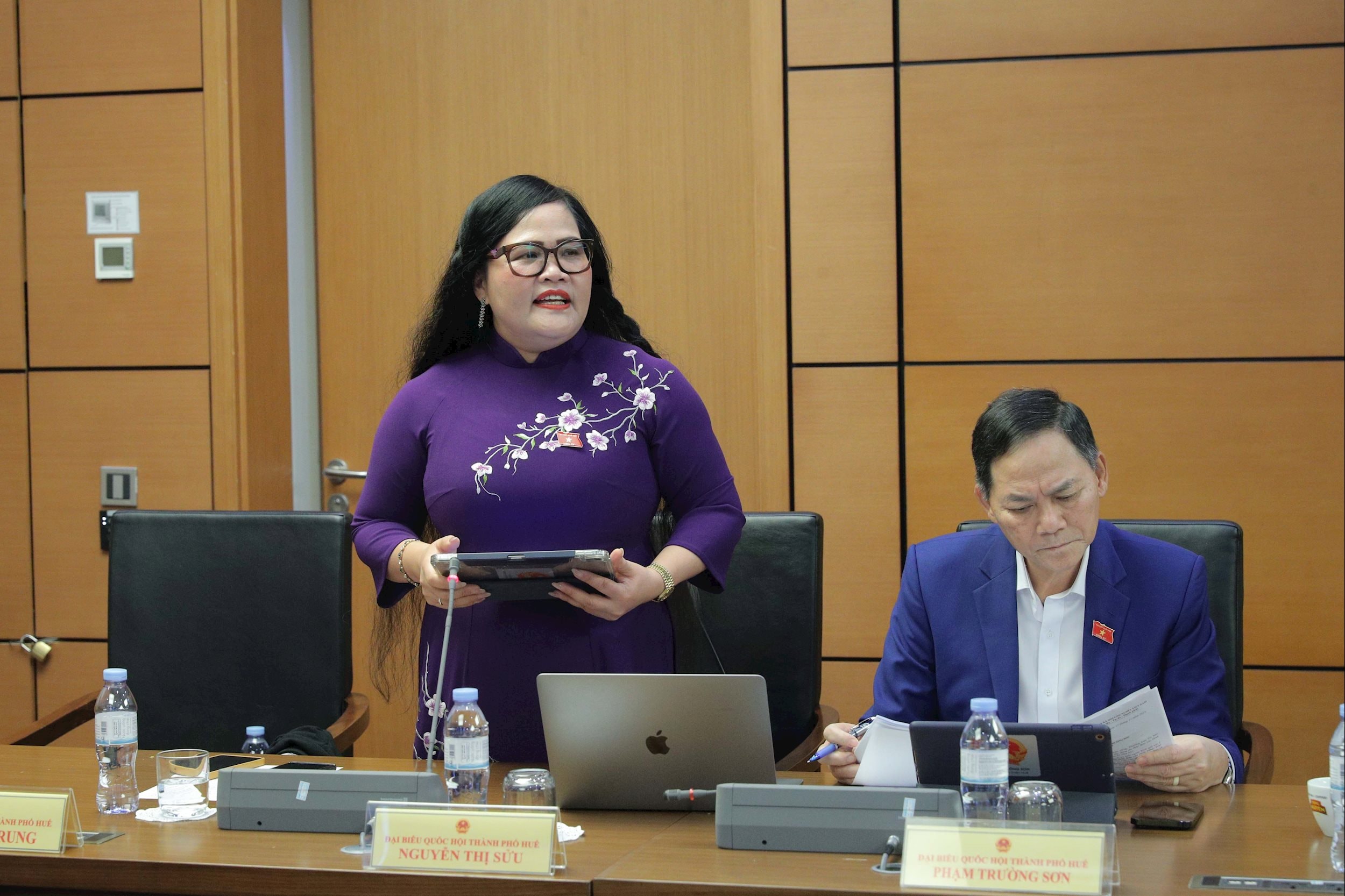
Regarding Article 9 regulating the application of international standards, delegates emphasized the need to clarify the criteria for selecting standards suitable to Vietnam's conditions, identify independent appraisal agencies and consult experts to avoid abuse or arbitrariness, ensuring technical safety and national interests. Regarding Article 14, related to the financial mechanism to support enterprises being sued abroad, delegates proposed to replace direct support with non-instrumental forms such as technical assistance, legal advice, training, and at the same time build a monitoring mechanism and close coordination between the Ministry of Finance and the Ministry of Industry and Trade to avoid violating international commitments.
Regarding the establishment of the Integration Enterprise Development Fund and the Industry Export Promotion Fund in Articles 12 and 13, delegates recommended adding a transparent control mechanism, including independent auditing, public reporting and performance evaluation criteria, to avoid the risk of waste, corruption and misuse. Regarding Article 23 on the appointment of special positions such as Ambassador and Special Envoy, delegates emphasized the need to clearly define legal responsibilities, violation handling mechanisms, appointment terms and performance evaluation, to ensure personal and management agency responsibilities in strategic activities.
Also expressing agreement with the policies of the draft Resolution, especially the goals of improving economic efficiency, National Assembly Deputy Le Hoang Hai (Dong Nai) said that in order to complete the document, the draft Resolution needs to be reviewed. Specifically, the delegate proposed to remove Clause 2 of the draft Resolution. The reason is that Clause 2 does not clearly show the principle of establishing a specific mechanism, while Clauses 1, 3, 4 and 5 have fully covered all cases in the spirit of the applicable principles, so Clause 2 becomes redundant and unnecessary.
Regarding the handling of difficulties arising in international cooperation (Part 2 of the draft), delegates expressed concerns about two main contents related to the deadline and procedures. Regarding the deadline, the draft Resolution stipulates until December 31, 2030, i.e. 5 years, while Resolution No. 190 of 2025 stipulates only 2 years. Delegates commented that 5 years is too long, not in accordance with the legal principles and the
Regarding procedures, delegates proposed that the Government prescribe the order and procedures for implementing the Resolution in the guiding Decree, instead of directly prescribing them in the Resolution.
Need to overcome financial and human resource difficulties
Appreciating the policy of increasing decentralization and empowering local authorities as stipulated in the draft Resolution on a number of specific mechanisms and policies to improve the effectiveness of international integration, but based on the reality of border provinces, especially Lang Son, National Assembly Deputy Chu Thi Hong Thai (Lang Son) said that in reality, there are many difficulties in financial resources and human resources that can limit the feasibility of the regulations.

Specifically, Article 15 stipulates that the establishment of representative offices of provincial People's Committees abroad is necessary to promote foreign affairs and international cooperation, but the draft has not clearly defined the organizational model, criteria for selecting locations and coordination mechanisms with Vietnamese representative agencies. More importantly, the requirement that localities ensure all funding themselves is a major barrier for provinces with low budget revenues.
Participation in forums and international cooperation mechanisms by local authorities (Article 16) is necessary to increase flexibility, but the concept is still broad, the guidance is not specific, while the cost of participation and limited foreign affairs human resources, especially in border communes, are practical obstacles.
Regarding Article 17, the right to decide on repairing and building new boundary markers and embankments to prevent landslides is also difficult for localities, because of the large unexpected costs while the budget is mainly for regular spending. In addition, the requirement for bilateral confirmation minutes is often lengthy, causing delays. In addition, difficulties in foreign affairs personnel, diplomatic skills, knowledge of international law and foreign languages — especially Chinese — make it difficult to carry out provincial foreign affairs tasks.
Based on that reality, delegate Chu Thi Hong Thai suggested that the Drafting Committee study and supplement appropriate support mechanisms for border localities, including: support from the central budget for localities with low revenue, allowing the use of reserve funds or economic career expenditure sources to handle border emergencies; increasing staffing, providing in-depth training in foreign languages, foreign affairs, and border trade for officials; providing specific guidance on the authority, scope and process of participating in international cooperation at the local level to ensure proactiveness and effectiveness of foreign affairs work associated with border gate economic development, while maintaining border security.
"The implementation time of foreign loan projects is too long"
Regarding the project implementation time, delegate Pham Nhu Hiep (Hue City) pointed out that the implementation time of foreign loan projects is currently too long, which is a major obstacle for implementing units. Many projects last up to 10 years or more, while the term of office of the director or leader is only 5 years, making loan development projects, even with low interest rates (even 0.9%/year, 10-year grace period, 30-year repayment like the Korean project), unattractive and hindering the international integration process. Pointing out this reality, the delegate proposed the need for a more open policy or a close but flexible coordination mechanism so that units can effectively implement projects.
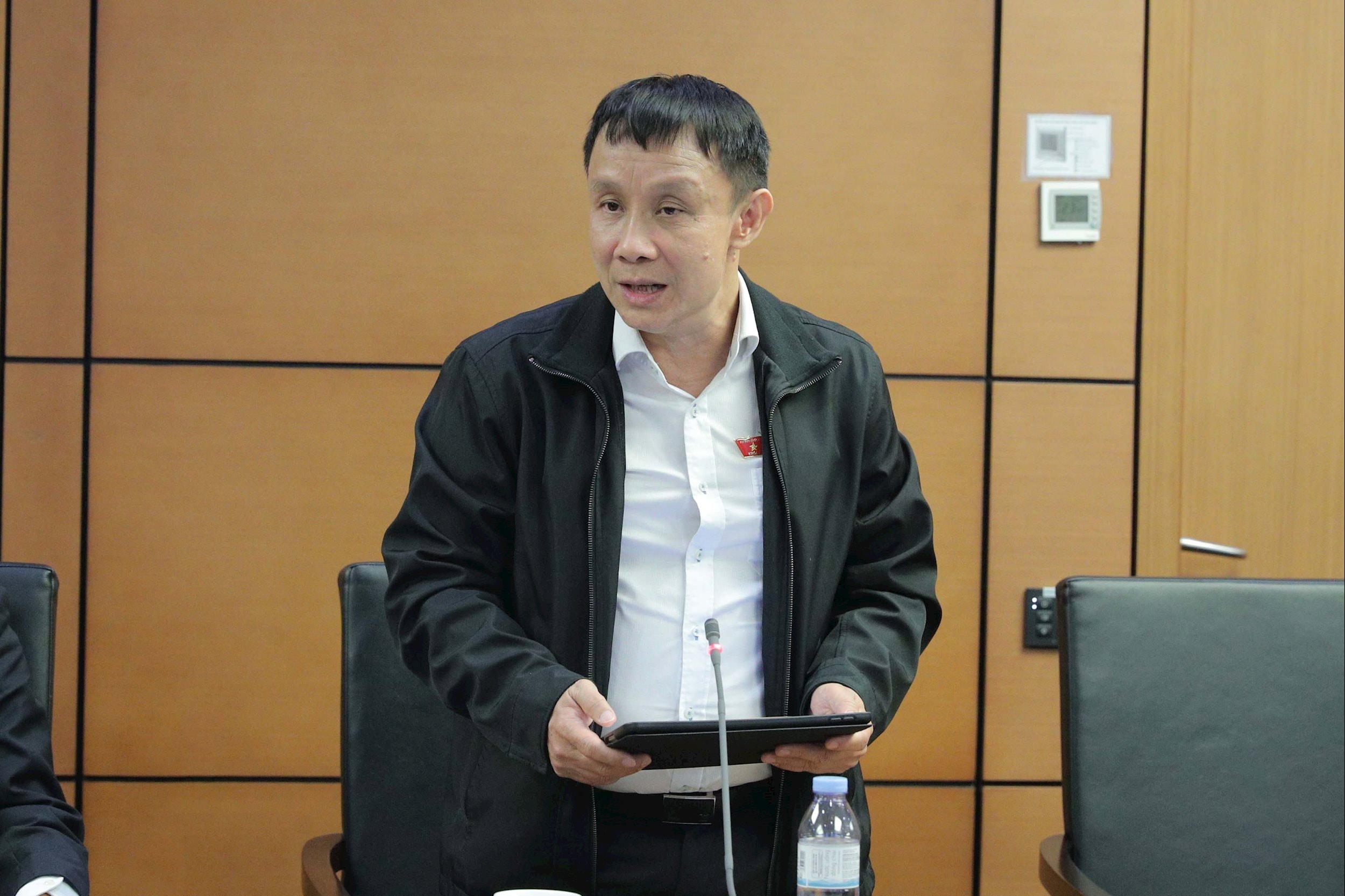
Regarding costs, delegates suggested that the Government reconsider calculating the counterpart capital plus 70% of the management fee, and at the same time reduce management costs, especially for health and education projects and projects to improve people's quality of life.
Regarding international integration, delegate Pham Nhu Hiep suggested that Vietnam should research and apply common international standards, instead of building a separate standard system. Specifically, in the medical field, standards such as JCI are very strict but can be implemented. Vietnam needs to establish a system of inspection, support and connection with international assessment organizations such as JCI and H&MA right in Vietnam. "When hospitals meet international standards, this will be clear evidence, helping to implement medical examination and treatment for foreigners more conveniently" - the delegate emphasized.
Regarding the mobilization of experts and the use of rare foreign languages (Article 26), delegates raised the issue of the need for a list that clearly defines what is considered a "rare foreign language" in the current context, because the number of people speaking popular foreign languages can change over time, for example, French may now have become a rare foreign language.
In addition, regarding the investment policy for the Gia Binh International Airport construction project, National Assembly deputies Nguyen Hai Nam and Pham Nhu Hiep (Hue City) emphasized the inconvenience of traveling between the international terminal and the domestic terminal, such as at Noi Bai, forcing passengers to rely on buses or taxis, hindering Vietnam from becoming an aviation transit hub. Therefore, the delegates proposed that right from the planning stage, a synchronous aviation connection system, such as an elevated railway between stations or airports, should be built to shorten travel time (currently about 1 hour and 10 minutes for 60 km) and reduce the risk of traffic jams.
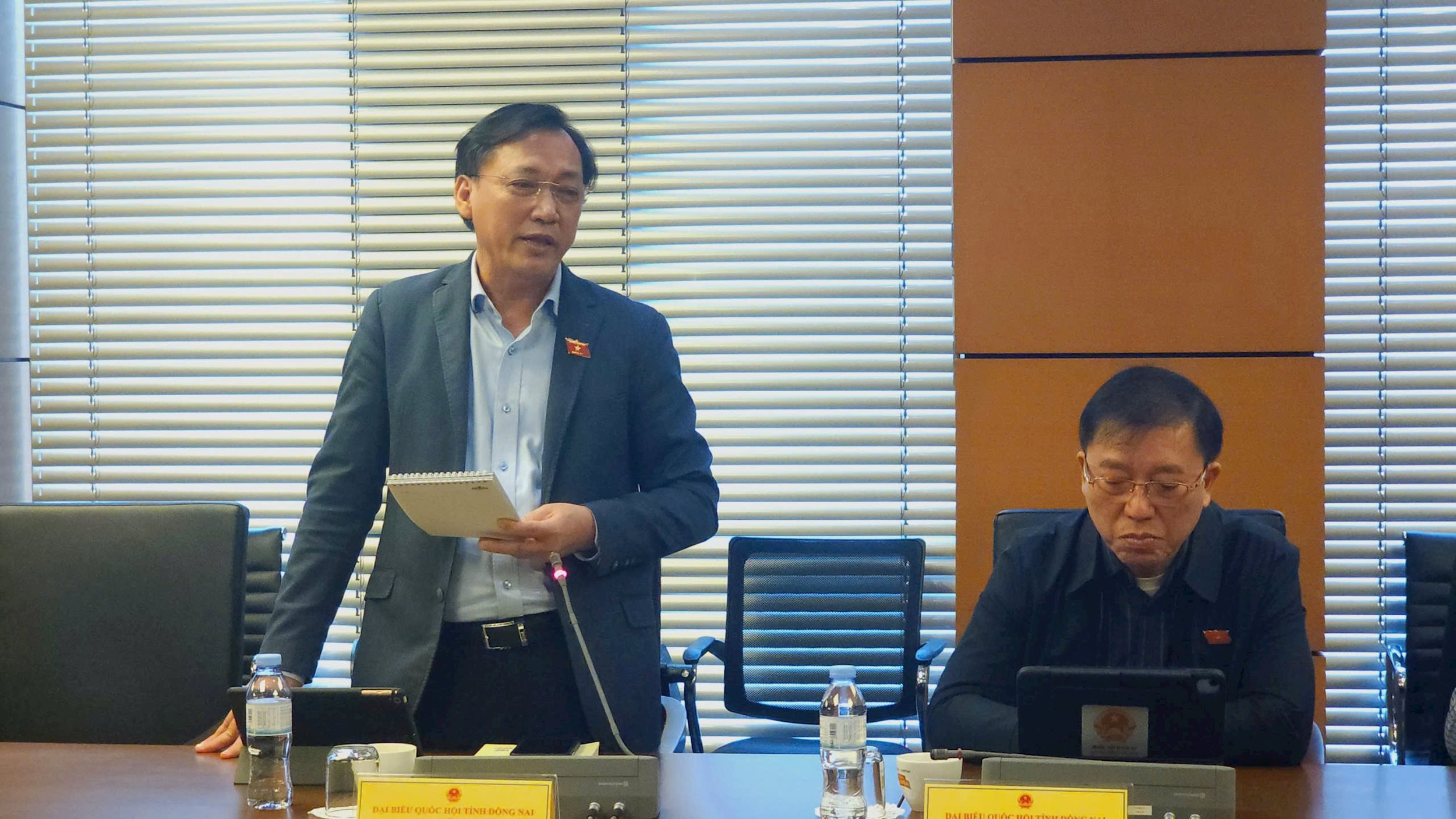
From another perspective, National Assembly member Phan Viet Luong (Dong Nai) noted that the Gia Binh international airport project is directly related to the relocation of historical relics, which is a particularly sensitive issue. Accordingly, the delegate said that the agency in charge of the project needs to provide a detailed and complete report on the quantity, type and value of the relics, and at the same time clarify the relationship between the relics and the surrounding community and ecosystem.
Delegate Phan Viet Luong also noted that the lack of official opinions from the Ministry of Culture, Sports and Tourism and the National Council for Cultural Heritage makes the current conservation commitments have no practical basis. Therefore, the delegate suggested conducting a survey, consulting experts and clarifying the feasibility before the National Assembly votes on the investment policy, to avoid the risk of having to adjust later.
Source: https://daibieunhandan.vn/can-ro-co-che-tai-chinh-quy-ho-tro-doanh-nghiep-10396252.html




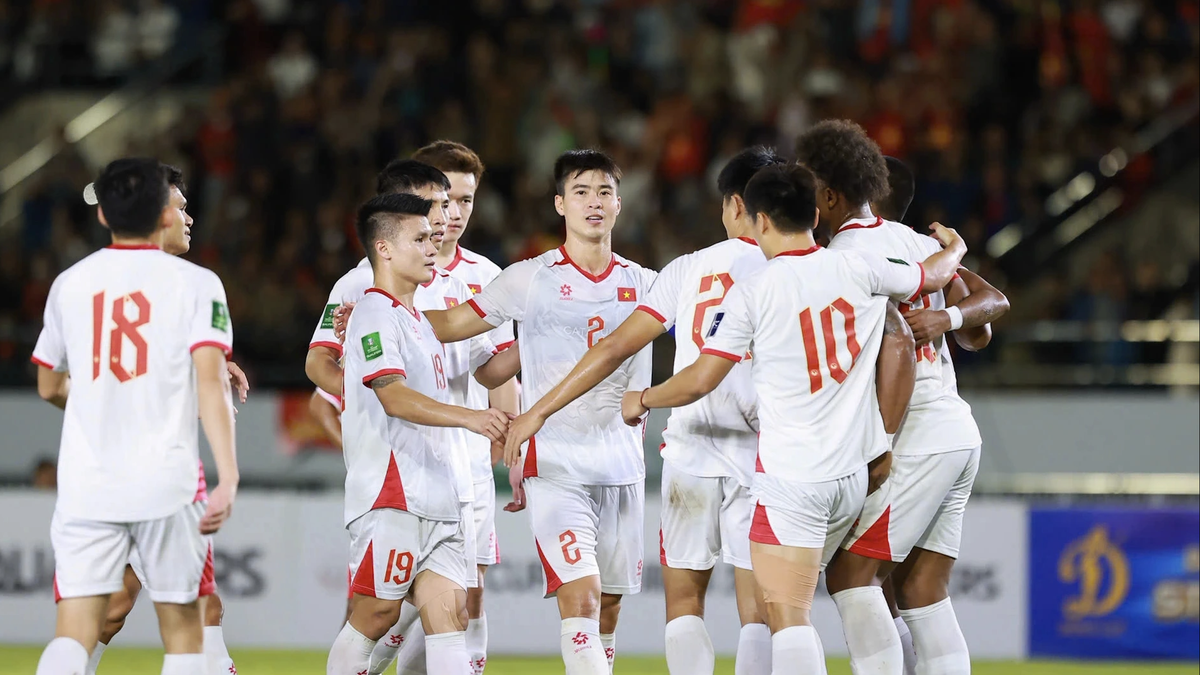

![[Photo] The Standing Committee of the Organizing Subcommittee serving the 14th National Party Congress meets on information and propaganda work for the Congress.](https://vphoto.vietnam.vn/thumb/1200x675/vietnam/resource/IMAGE/2025/11/19/1763531906775_tieu-ban-phuc-vu-dh-19-11-9302-614-jpg.webp)

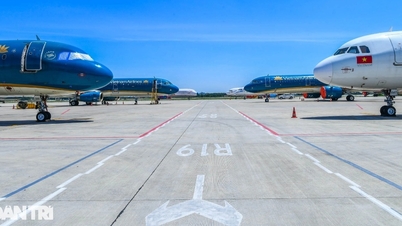

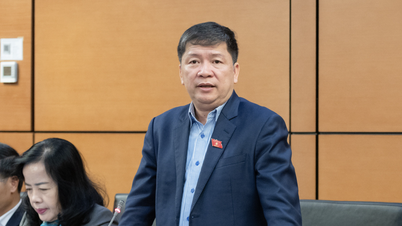

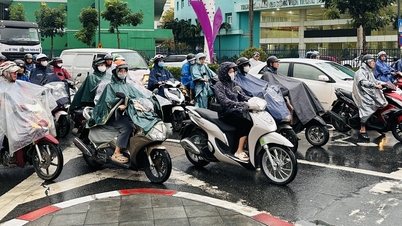

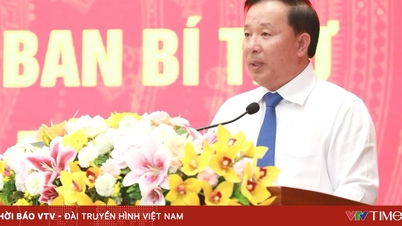



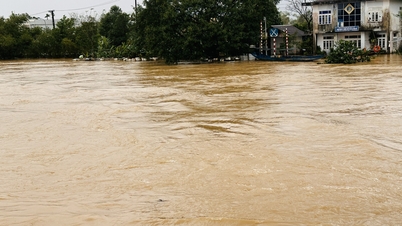
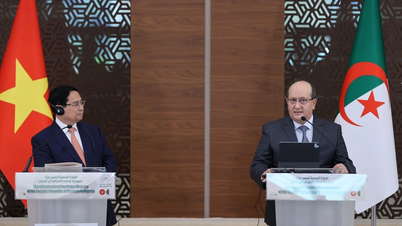

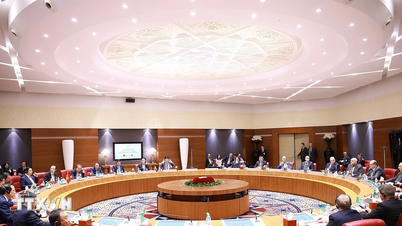

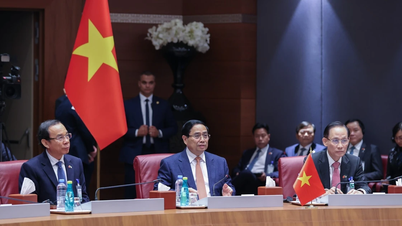
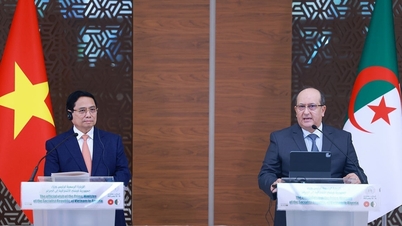
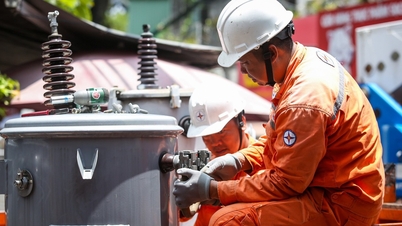

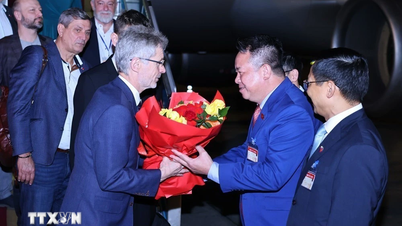




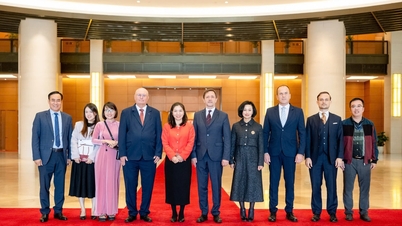
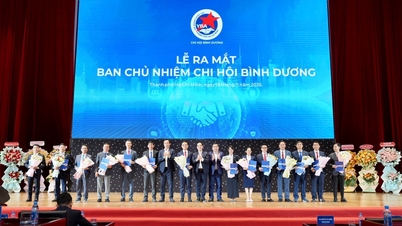
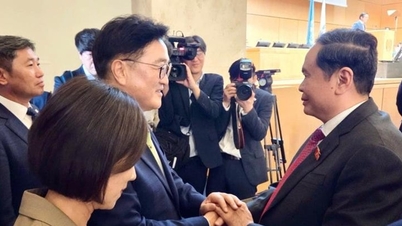

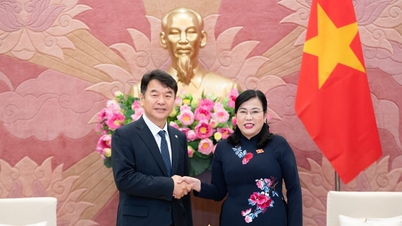
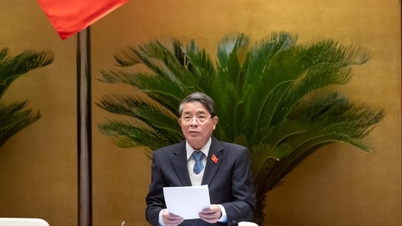
![[Photo] Prime Minister Pham Minh Chinh and his wife meet the Vietnamese community in Algeria](https://vphoto.vietnam.vn/thumb/1200x675/vietnam/resource/IMAGE/2025/11/19/1763510299099_1763510015166-jpg.webp)
![[Photo] General Secretary To Lam receives Slovakian Deputy Prime Minister and Minister of Defense Robert Kalinak](https://vphoto.vietnam.vn/thumb/1200x675/vietnam/resource/IMAGE/2025/11/18/1763467091441_a1-bnd-8261-6981-jpg.webp)









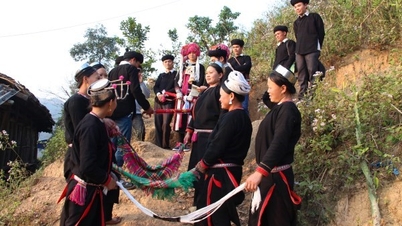

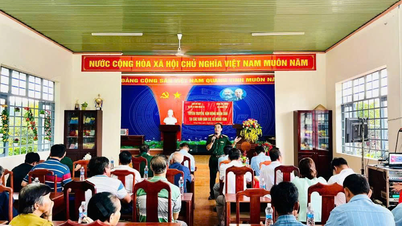


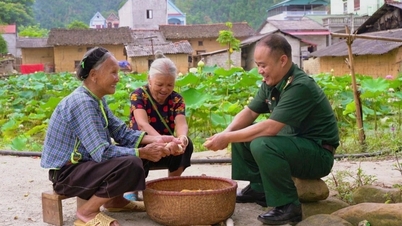

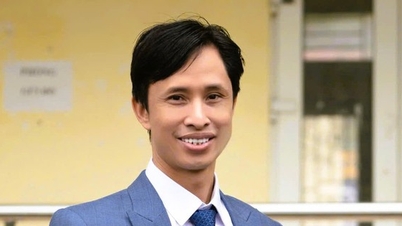




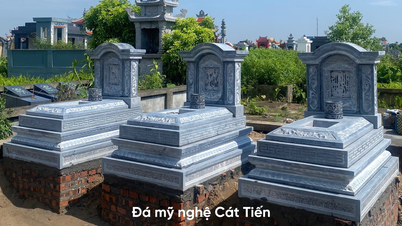


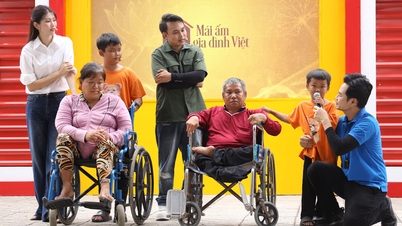
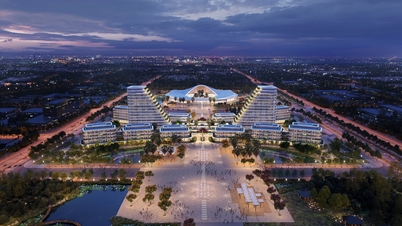









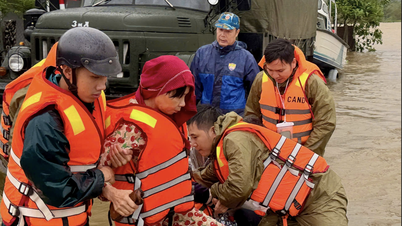

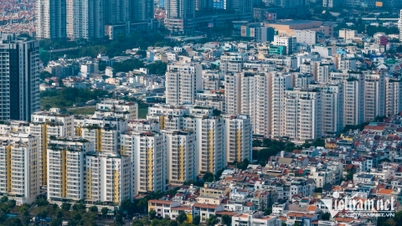


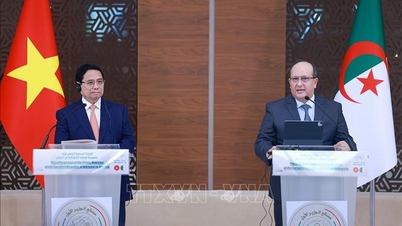



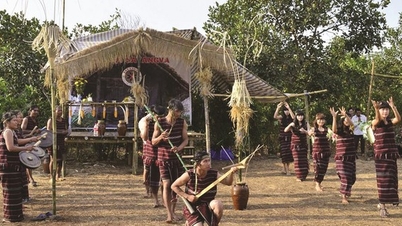


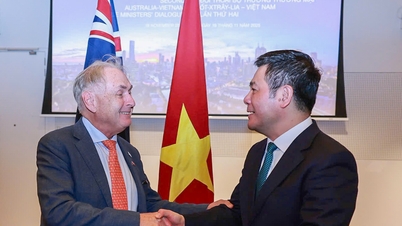
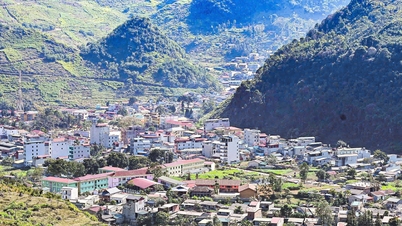


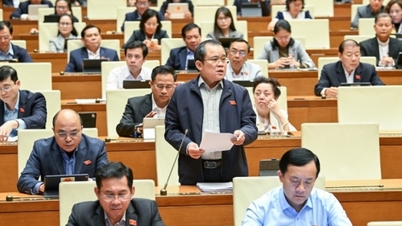

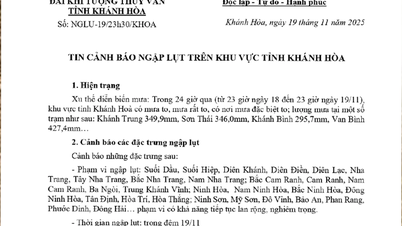


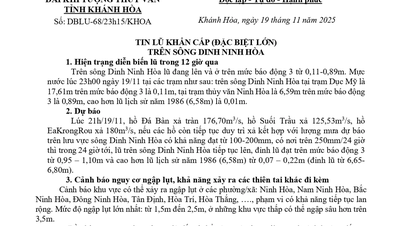
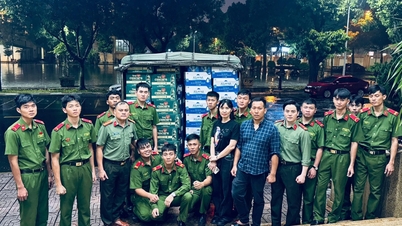

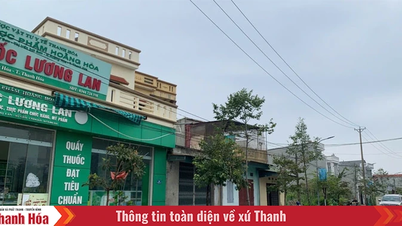















Comment (0)